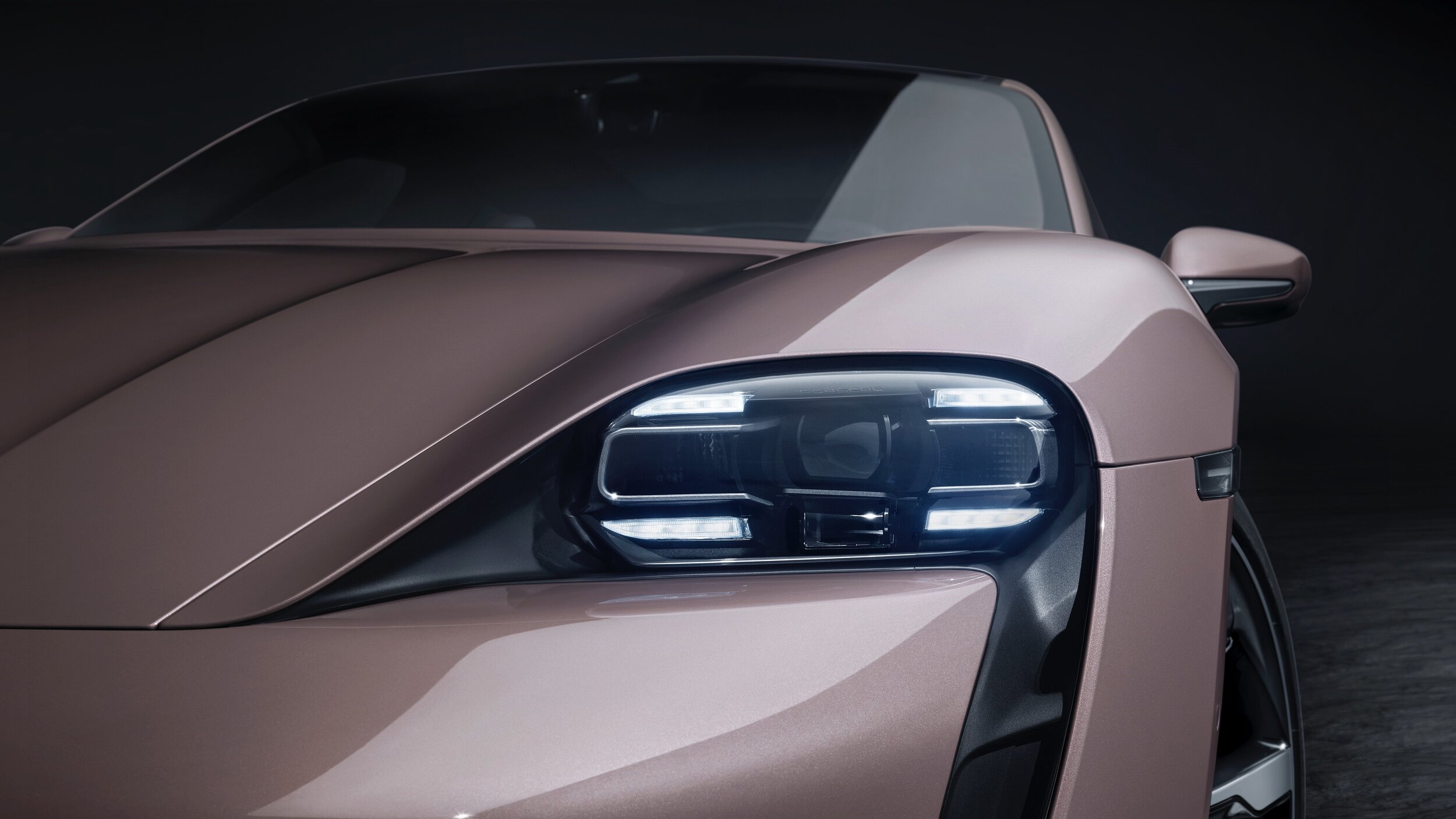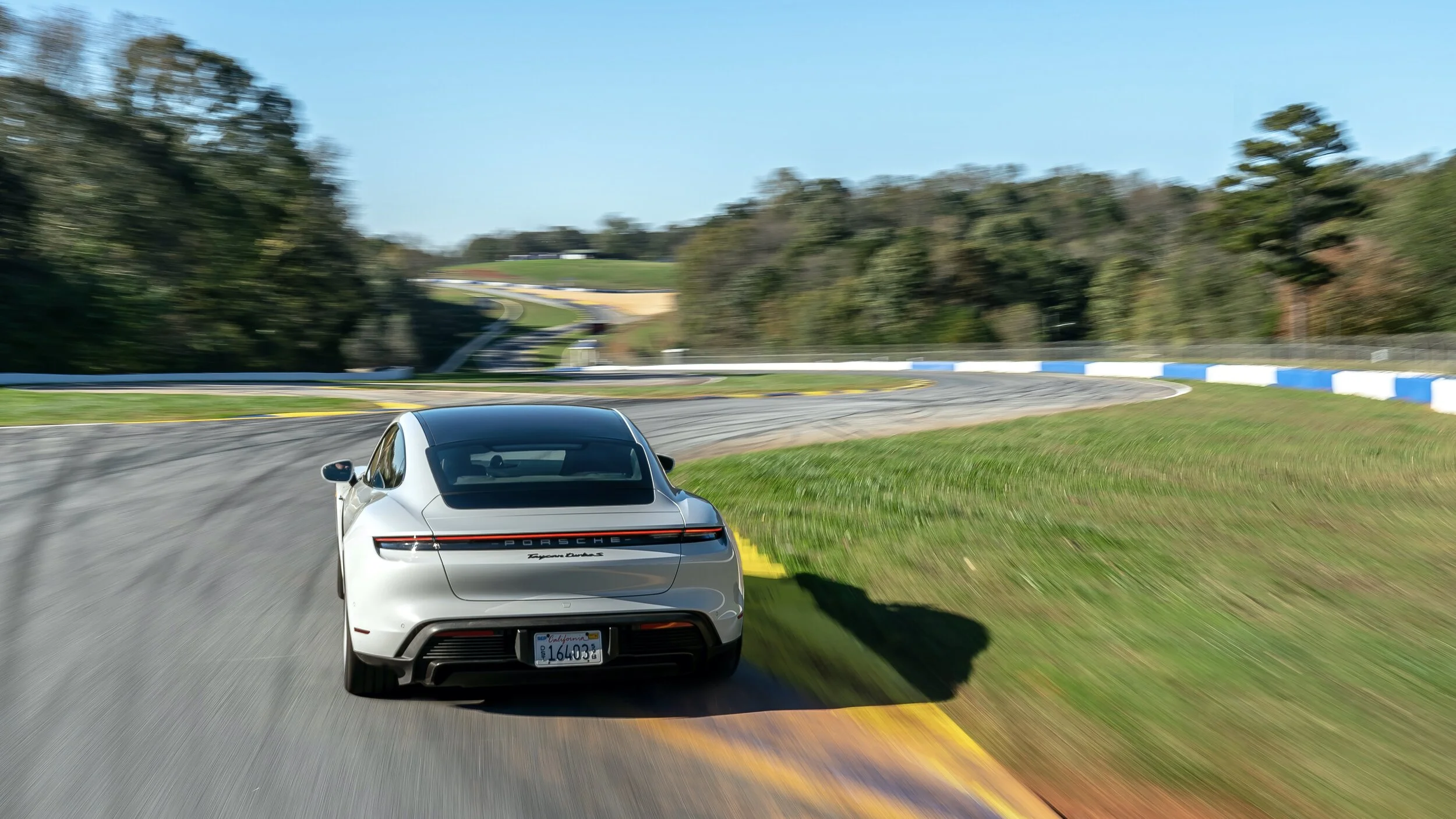What Brand Sells the Second-Highest Percentage of EVs in the U.S.? The Answer May Surprise You
By Edward A. Sanchez – July 19, 2021
It’s no mystery which brand currently sells the highest number of EVs in the U.S. That would be Tesla, since it only sells EVs. Until Rivian and Lucid start sales, it will maintain that distinction. According to analysis by CleanTechnica, the brand that currently sells the second-highest percentage of EVs as a proportion of overall sales may surprise you. Based on the site’s number-crunching, the brand with the second-highest proportion of EV sales in the U.S. is Porsche.
This is surprising on a number of levels. First of all, the company is a relative newcomer to the pure-BEV space with the Taycan. Yet, being out for less than two years, in Q2 2021, the Taycan accounted for 17.7% of overall sales, with 3,359 of Porsche’s 18,958 sales being the Taycan. This is also a sign that enthusiast customers are warming to the idea of performance EVs.
The traditional tautological premise of many brands that “EVs don’t sell because people aren’t interested in them” is because up until recently, EVs simply were not that attractive or compelling in terms of performance, range, or styling. There’s little denying Tesla raised the bar on buyer’s expectations with the Model S in 2012, and again in 2018 with the Model 3. Brands serious about competing in the EV space now realize that they’re going to have to bring their A-game to be a serious player.
“It feels like a Porsche” is a statement heard time and again when speaking of the Taycan.
While the Taycan may slightly lag the Model S in the areas of overall efficiency and sub-Plaid (although still brutally quick) acceleration, it offers a compelling alternative to Elon Musk’s austere, Silicon Valley-themed vision of a modern EV. The Taycan is equally technologically advanced, but with a thoroughbred heritage of German performance and Porsche’s unrelenting focus on the driving experience. The addition of the Cross Turismo variant adds additional interest and a more practical option for those with small families, or simply want a little more utility with a minimal sacrifice in performance.
Porsche’s Taycan Cross Turismo adds even more practicality and style to Porsche’s EV lineup.
There is still a small, but vocal cadre of enthusiasts that still pine for the days of the manual transmission, and their favorite flavor of performance, whether it be turbocharged, naturally aspirated, or six or eight cylinder. But a growing number of enthusiasts see the writing on the wall with climate change, government regulations, and emissions standards, that the time has come to embrace electrification as the future of performance.
Even Dodge, one of the rowdiest, most rebellious brands in defense of big-inch V8 muscle, recently promised a full-electric muscle car by 2024.
The performance potential of EVs is no longer in question. The challenge, especially for legacy brands, is to integrate EV technology into their brands’ identity and character. Despite its 5,000+ pound weight, Porsche made sure the Taycan delivered the driving experience its customers expect. Almost every review of the car says: “It feels like a Porsche.” Although that may sound vague and subjective, if you’ve driven any of the brand’s cars, you know exactly what that means.
When Dodge comes out with its electrified muscle car, you can bet its customers will be looking for that punchy swagger that the brand has cultivated, especially over the last decade. If it “feels like a Dodge,” you can bet its customers will respond favorably.
(Images courtesy Porsche)
- Podcast - Facebook - Google News - Twitter -









